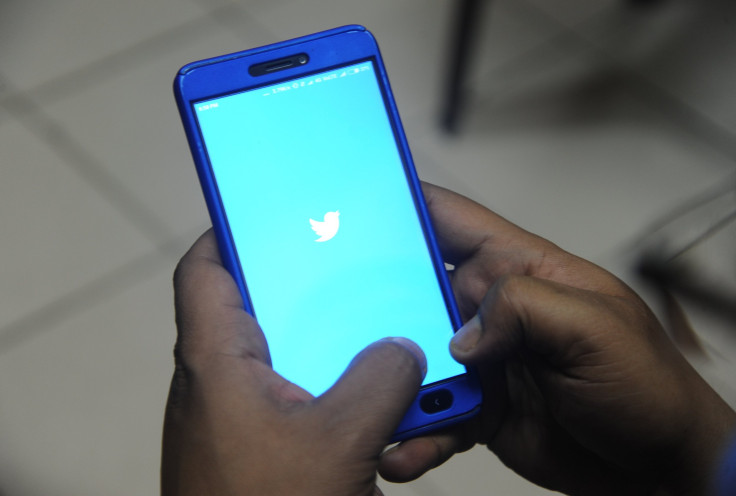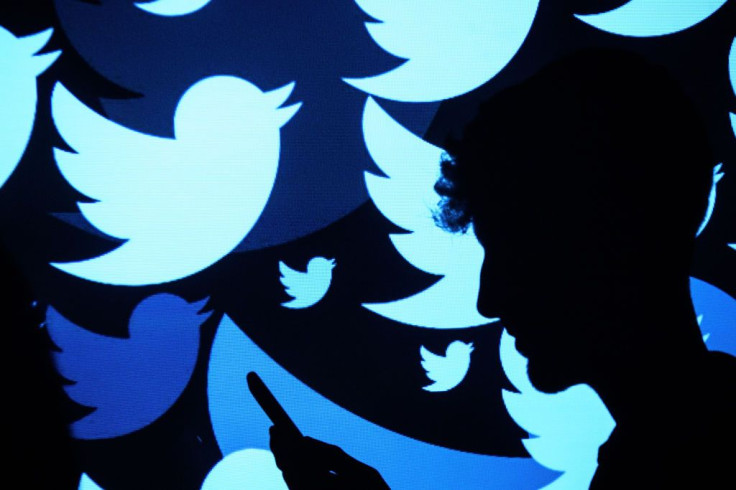Twitter ‘Accidentally’ Collects, Shares User Data With Unnamed Partner

Twitter recently admitted that it has “inadvertently” collected the data of some users and shared it with an advertising partner it has refused to name.
According to Reuters, Twitter admitted it accidentally collected user data from those using the Twitter app on the iPhone, specifically for those who use more than one account on just one device.
In a blog post, Twitter said it accidentally collected location data when users who enabled the precise location feature in one account used the same iOS device to log onto different accounts. The company said the location data included the other accounts where the said feature wasn’t enabled.
Twitter tried to remove the said location data when it sent user data to a “trusted partner” but failed to do so. Thankfully, Twitter users need not fear as the company was able to limit the said location data to zip codes or the city where the user was at the time the data was collected.
The social media company also said vital information such as Twitter handles and unique account IDs were not sent to the advertising partner. The partner, for its part, said it did not keep the said user location data and deleted it after it has stayed in its system for a short while, as part of its “normal process.”
Twitter promptly contacted affected users to inform them of the unintentional data collection and sharing that occurred. It also assured the public that it has fixed the error that caused the data to be collected and that this kind of error will never happen again in the future.
The company also urges Twitter users to review their individual privacy settings to make sure the information they want to keep private remains private. It also advises those who have concerns regarding the issue to contact its Office of Data Protection here.
Reminiscent
Twitter’s recent mishap involving user data is but one of the many events related to user privacy in recent times. Previously, social media giant Facebook faced similar issues of its own.
Just last month, Facebook reportedly collected the email contacts of new users without their permission. The company said it was unintentional and the data was used only for the purpose of improving the social network. Still, it doesn’t help that Facebook CEO Mark Zuckerberg himself gave user data to “friends” who can benefit the company.

© Copyright IBTimes 2025. All rights reserved.



















